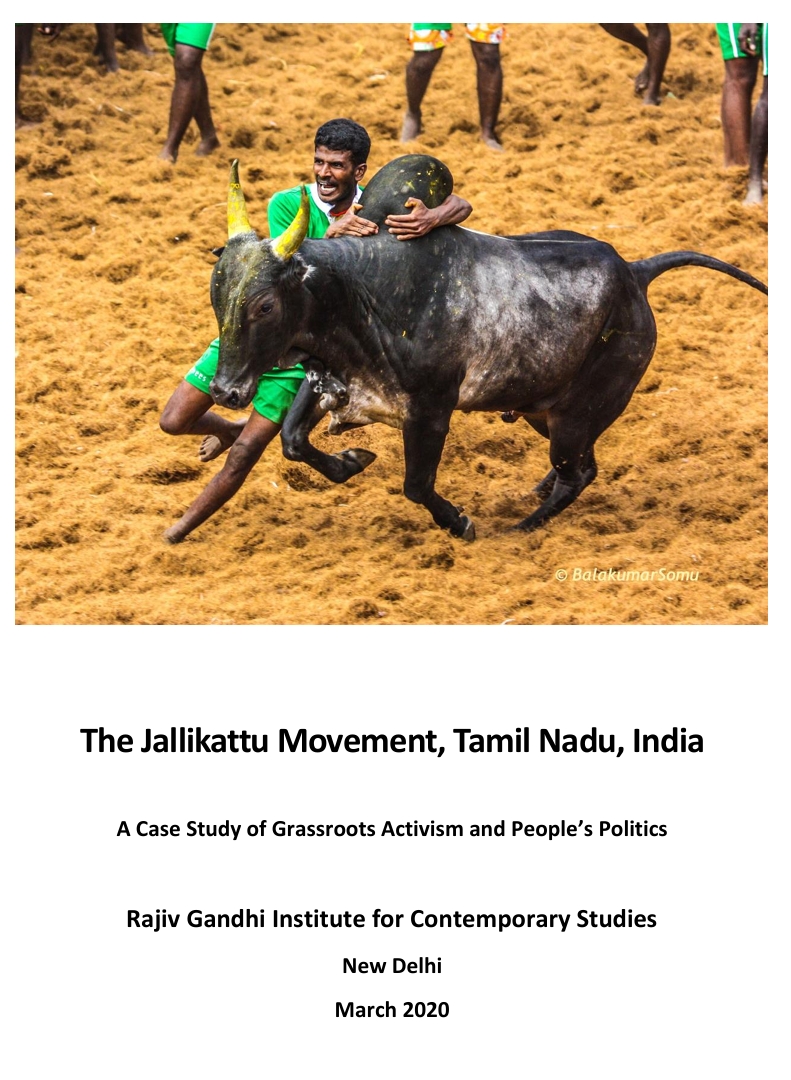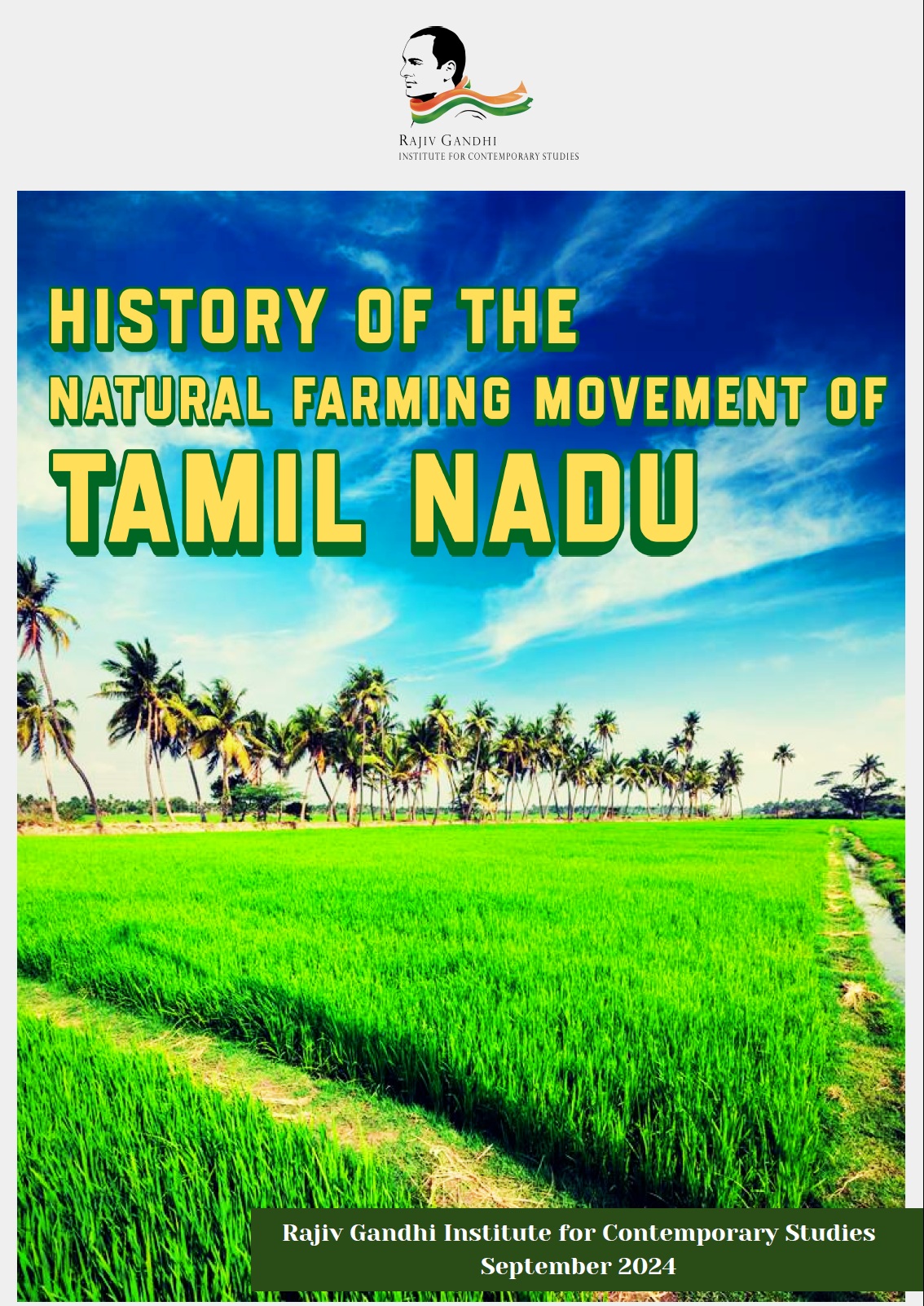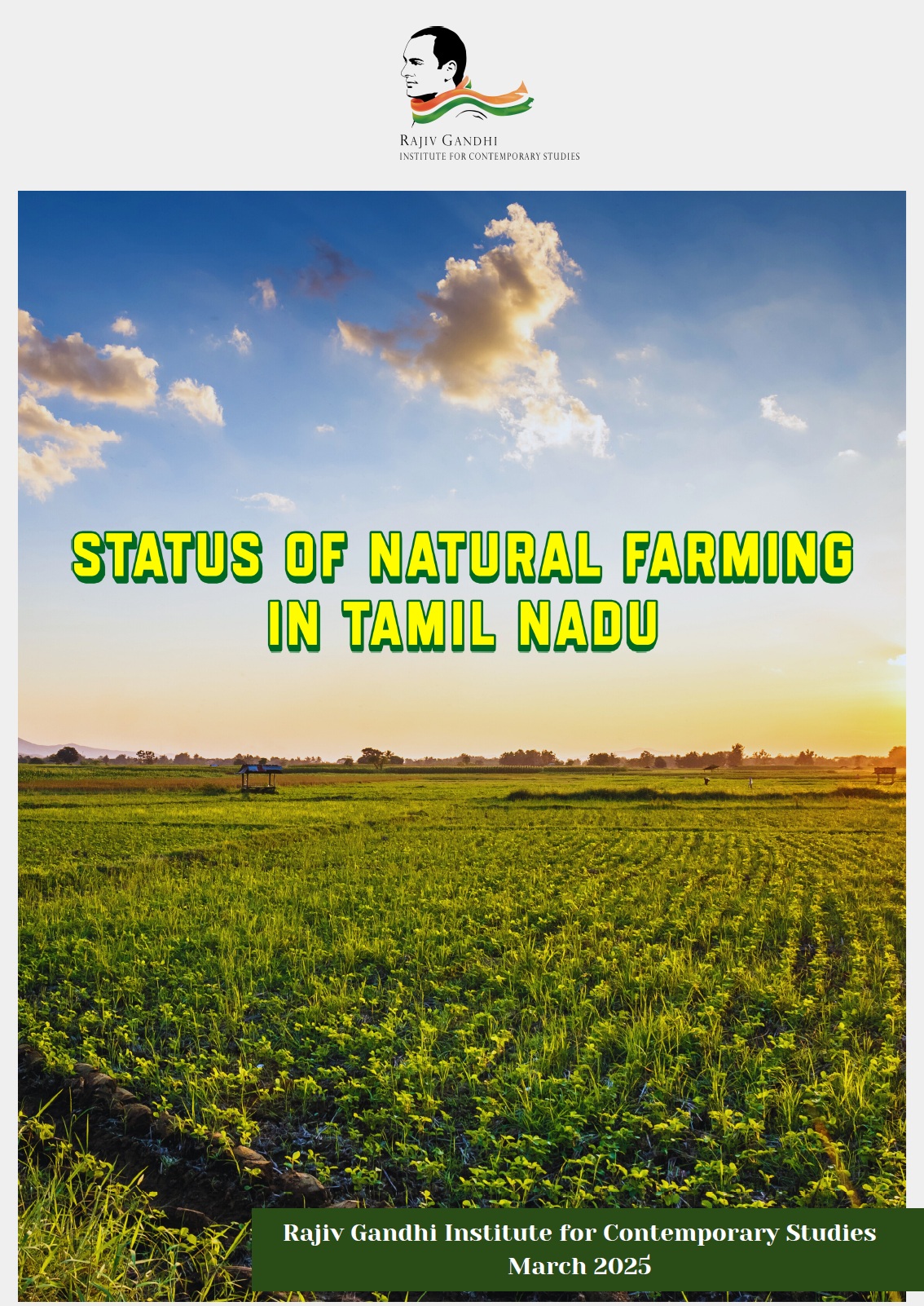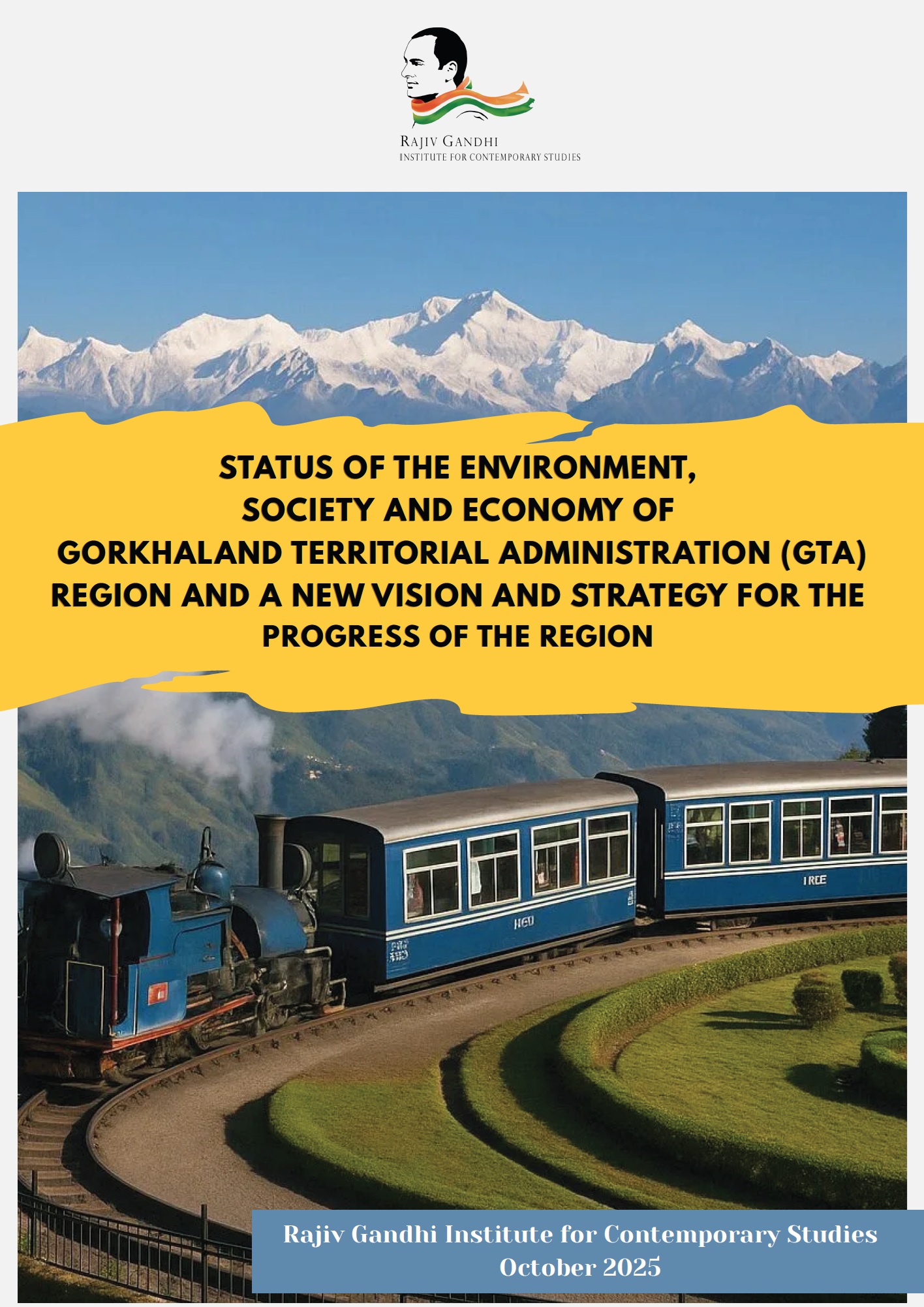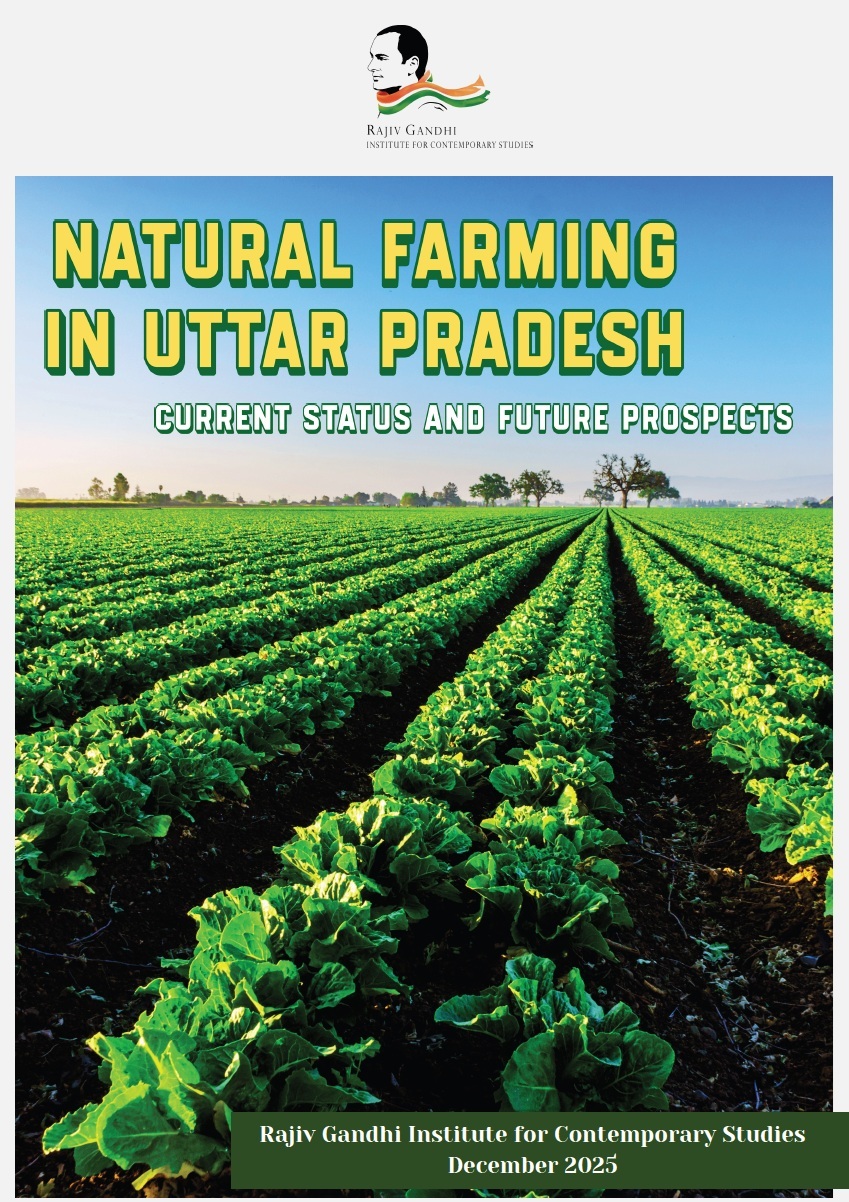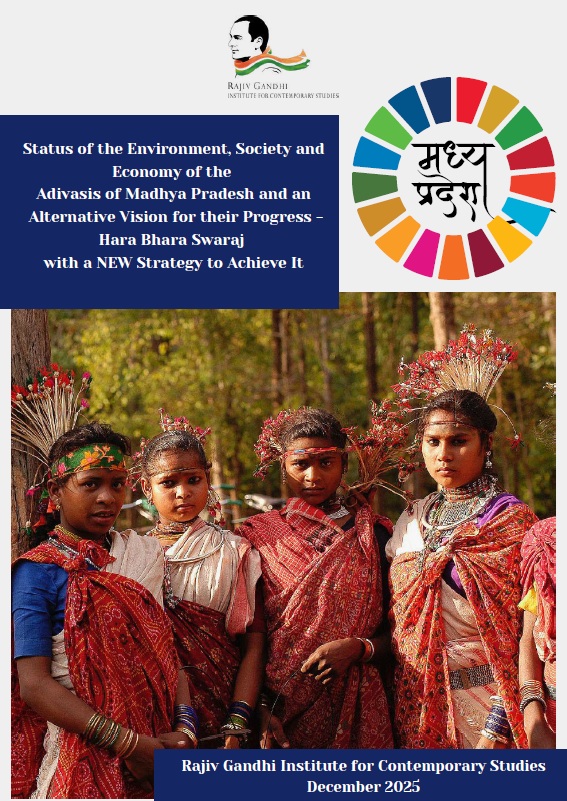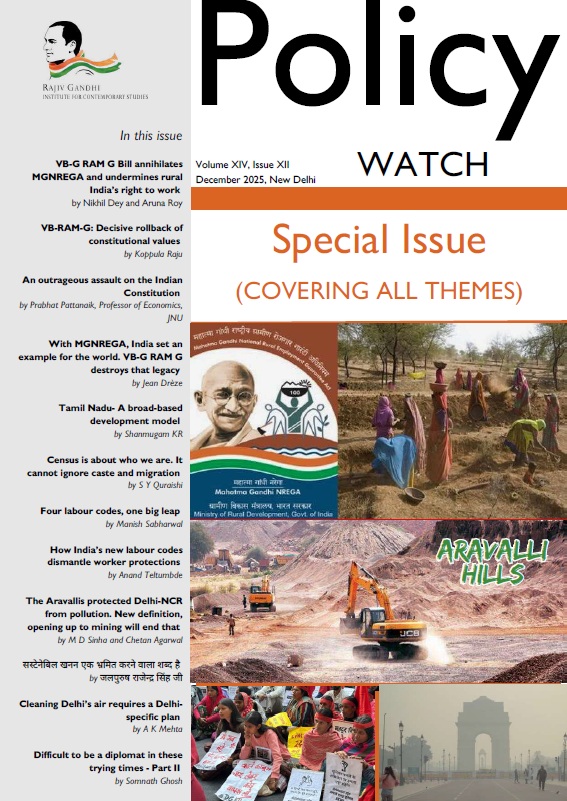The Jallikattu movement in Tamil Nadu was more than just a protest—it was a powerful expression of cultural pride, people’s politics, and grassroots activism. What started as a fight to save a traditional bull-taming sport quickly became a movement about identity, rural livelihoods, and resistance against external influence. It showed how ordinary people—farmers, students, professionals, and the Tamil diaspora—could come together in a peaceful, leaderless protest to challenge government decisions and legal restrictions.
Jallikattu, deeply rooted in Tamil culture, was banned by the Supreme Court in 2014 after petitions from animal rights organizations. Supporters, however, saw the ban as a threat to their traditions and native cattle breeds. Over the next few years, activists campaigned tirelessly, using social media, awareness drives, and legal petitions to make their voices heard. Their argument was simple: Jallikattu wasn’t just a sport, but a way of life that sustained rural economies and preserved indigenous breeds.
In January 2017, frustration turned into action. Thousands gathered at Chennai’s Marina Beach and other locations across Tamil Nadu in peaceful, well-organized protests. The movement stood out because it was inclusive—young and old, urban and rural, all came together. There were no political parties leading the way, just ordinary citizens determined to protect their heritage.
The protests ultimately led to legal amendments allowing Jallikattu to continue. But its impact went beyond that. It sparked a revival of interest in native farming, grassroots governance, and people-led decision-making. The movement proved that when communities unite with clarity and purpose, they can influence policy, reclaim their traditions, and make history.
Keywords: Jallikattu, Grassroots Activism, People’s Politics, Cultural Identity, Animal Welfare, Traditional Practices, Legal Battle, Protests, Native Breeds, Social Movement, Tamil Nadu
Send download link to:The Jallikattu Movement, Tamil Nadu, India : A Case Study of Grassroots Activism and People’s Politics

